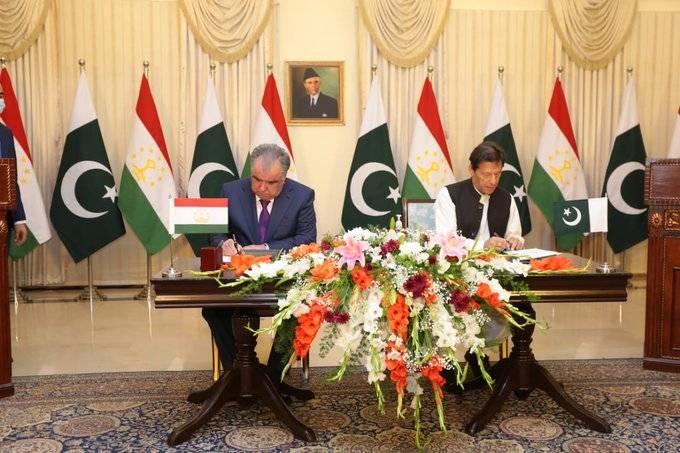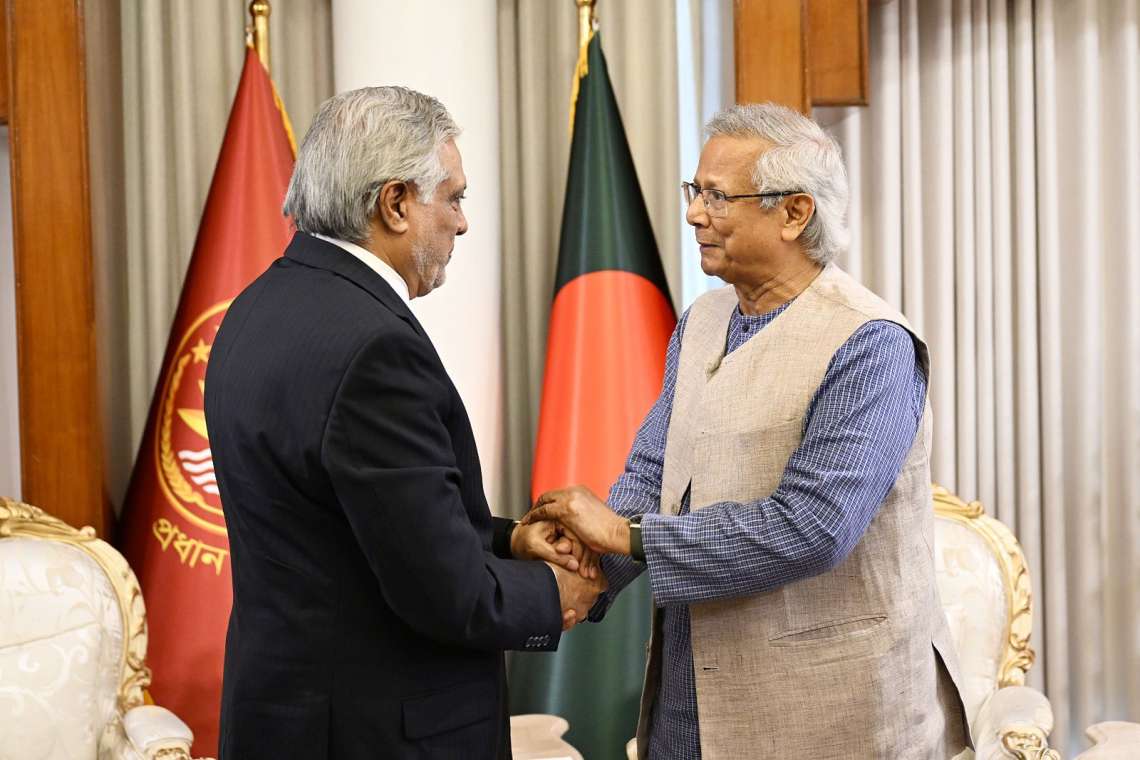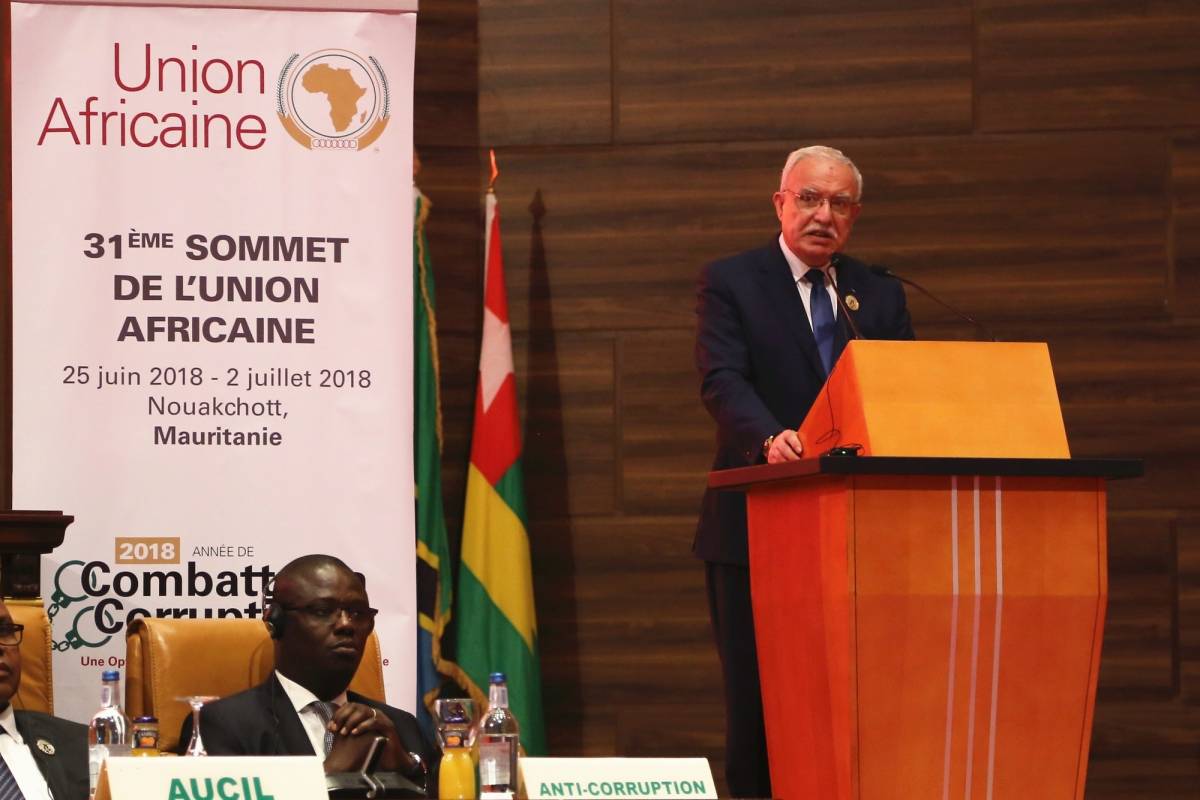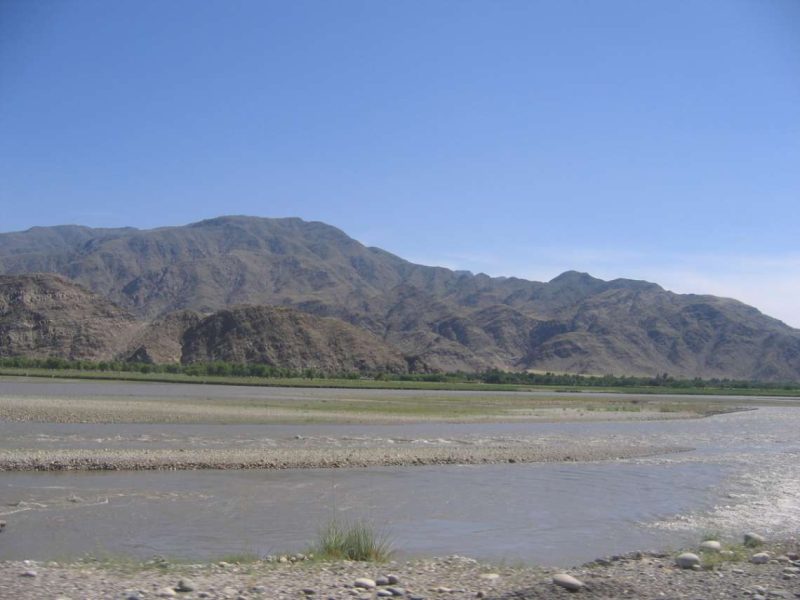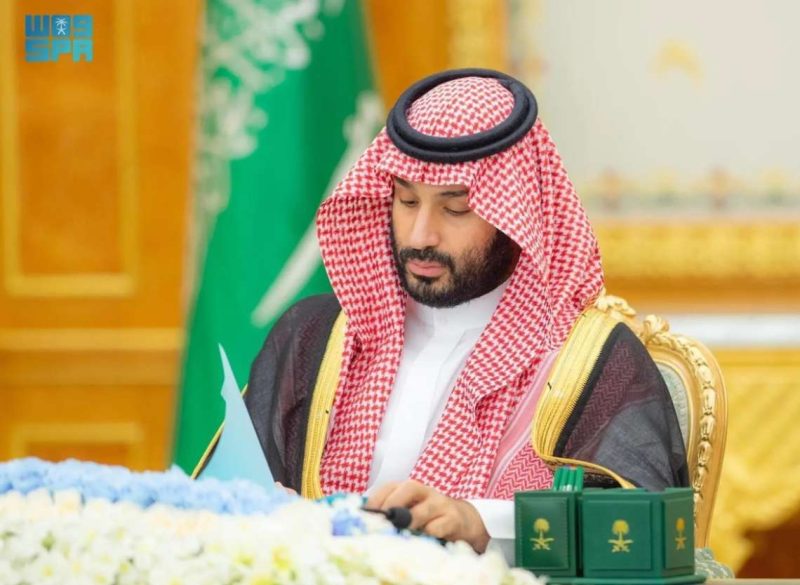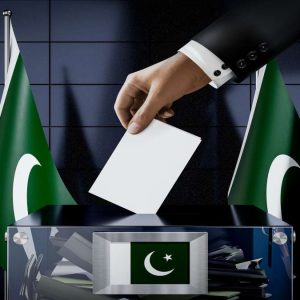A Tajik delegation led by Rahmon arrived in Islamabad on Wednesday on a two-day visit and held a series of meetings and signed several agreements…reports Asian Lite News
Pakistan and Tajikistan have agreed to further deepen bilateral relations in diverse fields with a special focus on promoting trade and economic cooperation, according to a joint declaration issued by the Prime Minister’s Office in Islamabad.
According to the declaration, both sides reached the understanding during a meeting between Pakistan Prime Minister Imran Khan and visiting Tajik President Emomali Rahmon on Wednesday, Xinhua news agency reported.
A Tajik delegation led by Rahmon arrived in Islamabad on Wednesday on a two-day visit and held a series of meetings and signed several agreements and memorandums of understanding with the Pakistani side, including cooperation in culture, trade, investment, transport, energy, tourism, education, connectivity, climate change and people-to-people contacts.
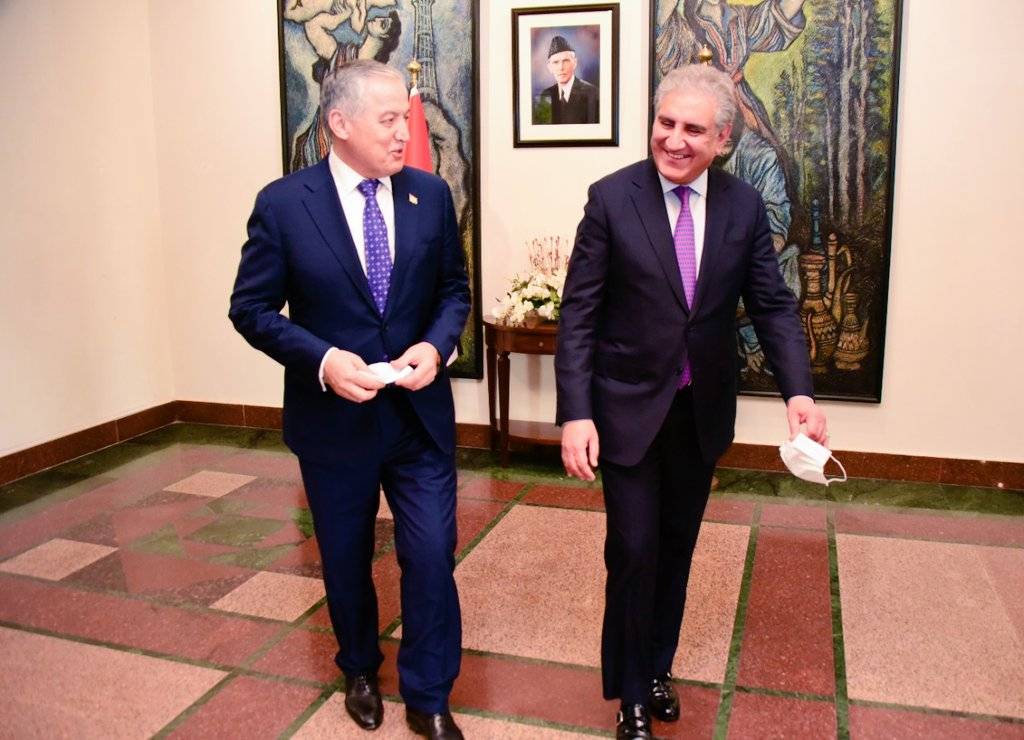
Both leaders expressed satisfaction at the steadily growing relations between Pakistan and Tajikistan, and expressed their resolve to elevate bilateral ties to a new level of strategic cooperation for the mutual benefit of the two countries and peoples.
During the talks, the two sides accorded particular focus to bolstering bilateral economic and trade ties by exploring new opportunities and avenues and vowed to regularly convene meetings of Pakistan-Tajikistan Joint Commission on Trade, Economic and Scientific-Technical Cooperation.
The leaders also agreed to enhance the role of the Joint Business Council to organize trade exhibitions and business forums on a regular basis and create an investor-friendly environment in the two countries to encourage and facilitate joint investments.
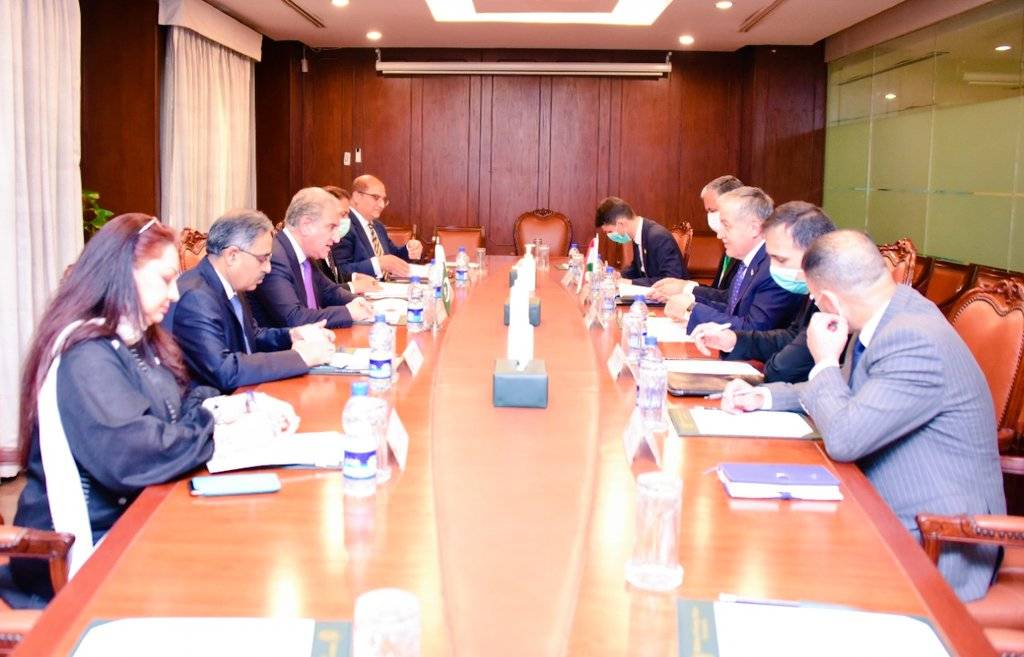
Khan apprised the visiting president of the operationalization of the Gwadar port and offered Tajikistan to avail the facility of Pakistani seaports and the China-Pakistan Economic Corridor (CPEC).
The two leaders also agreed to increase bilateral cooperation in the field of defence and security to overcome the common security challenges and also emphasized the need to enhance cooperation in counter-terrorism, combating cross-border organised crimes and human and drug trafficking.
Both leaders expressed serious concern over Covid-19 and emphasized the importance of international solidarity and cooperation as well as joint efforts for affordable and equitable supply and distribution of vaccines to all countries to combat the pandemic effectively.
ALSO READ: Putin’s visit to Pakistan on the cards


